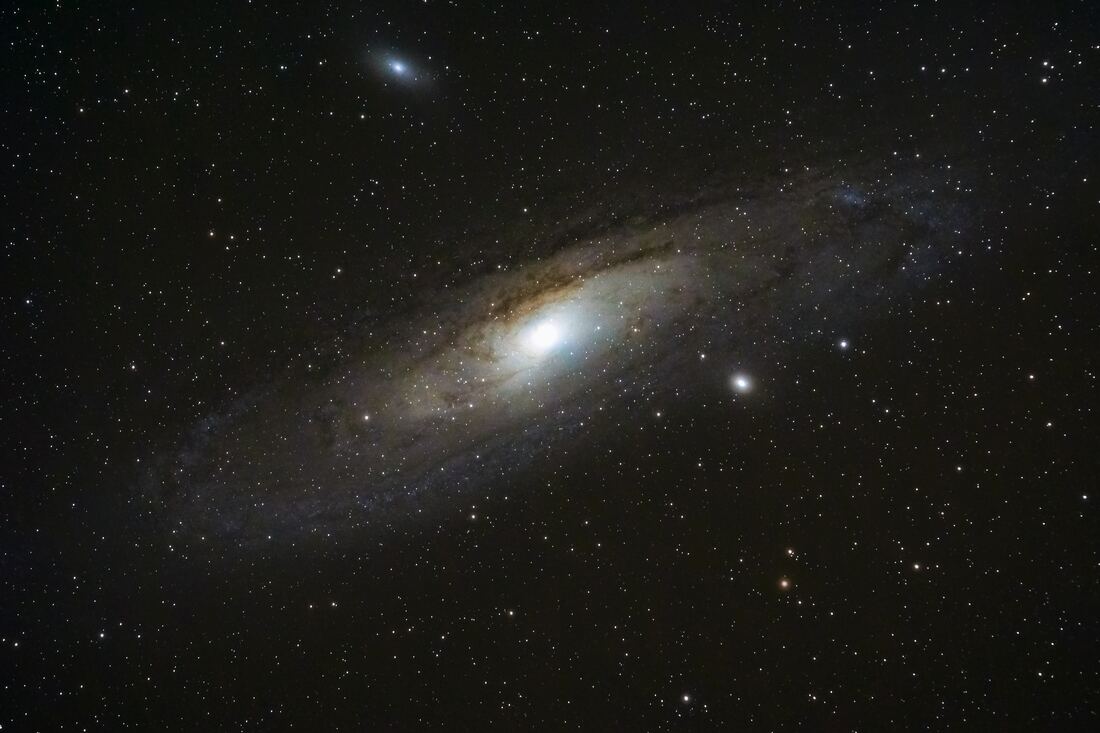Did God create the world out of nothing?
Maybe so, maybe not. Now let's get on
with the work of love.
John Cobb is a prominent figure in process theology, a theological perspective that draws heavily from the philosophy of Alfred North Whitehead. Process theology generally emphasizes the relational, dynamic, and evolving nature of reality, including God's relationship with the world. Given this perspective, many process theologians challenge traditional theological ideas that depict God as unchanging and wholly transcendent. One such idea is the doctrine of creation ex nihilo (creation out of nothing), which has been a cornerstone in classical Christian theology.
In Ask Dr. Cobb, provided below, a Mr. Foxwell asks John Cobb if, from his point of view, God created the world out of nothing. Here are some key points to take away from the provided text:
In short, while John Cobb acknowledges the possibility of creation out of nothing and even sees potential intersections with Whitehead's philosophy, he doesn't emphasize it. He believes there are more pertinent theological questions to engage with, particularly those surrounding the nature and purpose of God as understood through Jesus.
In Ask Dr. Cobb, provided below, a Mr. Foxwell asks John Cobb if, from his point of view, God created the world out of nothing. Here are some key points to take away from the provided text:
- Rejection of Creation ex Nihilo: Process theologians, in general, find the idea of creation out of nothing to be problematic. Instead, they often emphasize a co-creative process where God and the world are in a dynamic relationship. They speak, along with the philosopher Whitehead, of a universe composed of cosmic epochs which precede or succeed one another, without an absolute beginning. God has always been "creating," they say, but never out of nothing. God has always been creating out of a preexisting chaos.
- John Cobb's Openness: Cobb is more open to the idea than some of his process counterparts. Whitehead was unaware of big-bang thinking. He suggests that it's "possible" that God initiated the Big Bang, a singular event where there was nothing before. This openness suggests a willingness to engage with traditional theological concepts, even if he personally does not adopt them.
- Whitehead's Influence: Cobb appeals to Whitehead's idea of a "primordial" divine decision that is uninfluenced by any other decision. This decision is seen as outside of time (nontemporal), suggesting a unique act of God. By potentially associating this with a datable event like the Big Bang, Cobb acknowledges that this idea could bridge the gap between process thought and traditional Christian teaching.
- Caution with Creation ex Nihilo: Despite this openness, Cobb refrains from further developing the idea because of its historically "destructive" applications in Western history. The doctrine, when misused, can sometimes portray God as a distant, uninvolved deity, contrary to the relational God of process theology. It has two problems: it suggests that God has, or at least once had, the kind of power to prevent evil, and simply doesn't use it. And it lends itself to the idea that such power, unilateral not relational, is more "ultimate." Process theologians believe relational power more ultimate: that is, more important, more fundamental, and more loving.
- Prioritizing Other Questions: For Cobb, the mechanics of how God created the world isn't as vital as understanding the purpose and nature of God, particularly as depicted in the teachings of Jesus. This prioritization shifts the focus from cosmological questions to more existential and relational ones.
In short, while John Cobb acknowledges the possibility of creation out of nothing and even sees potential intersections with Whitehead's philosophy, he doesn't emphasize it. He believes there are more pertinent theological questions to engage with, particularly those surrounding the nature and purpose of God as understood through Jesus.

